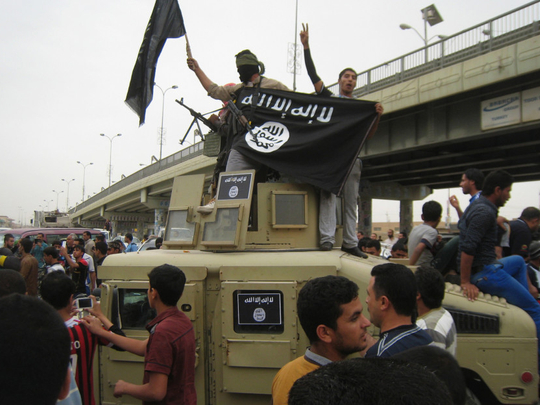
Are we regressing into savagery?
Global public opinion must align itself to fight acts against humanity, whether they are committed by terrorist groups like Daesh or the so-called champions of human rights

Global public opinion must align itself to fight acts against humanity, whether they are committed by terrorist groups like Daesh or the so-called champions of human rights
